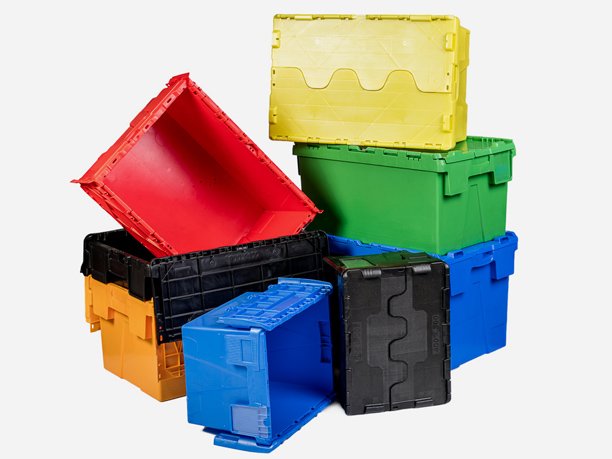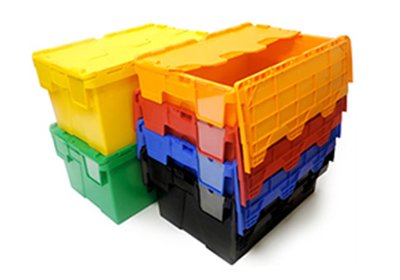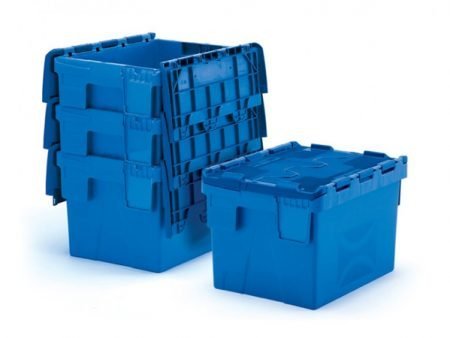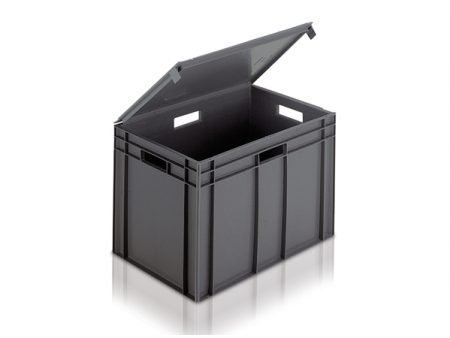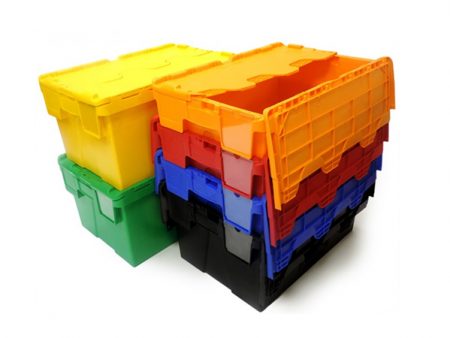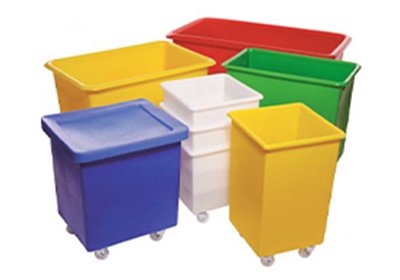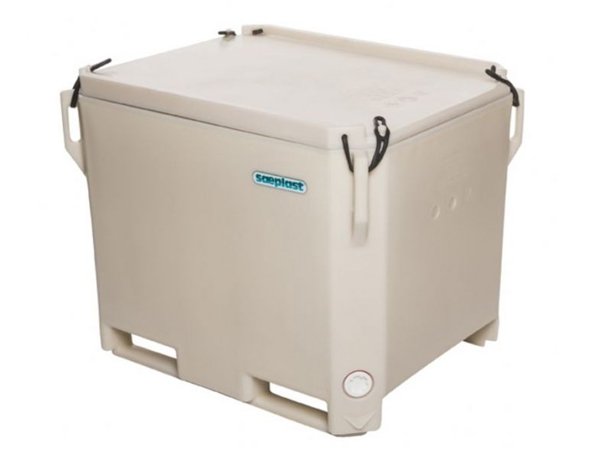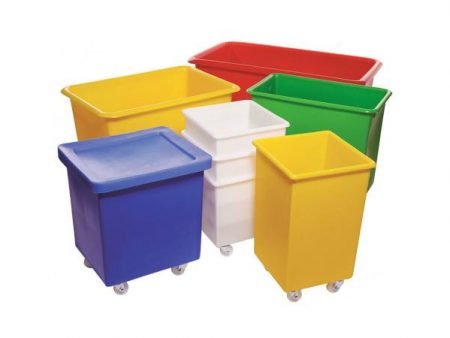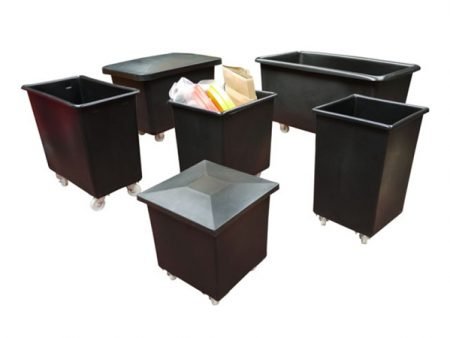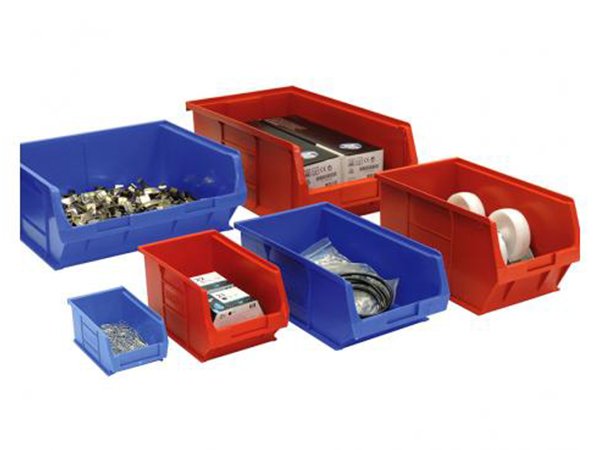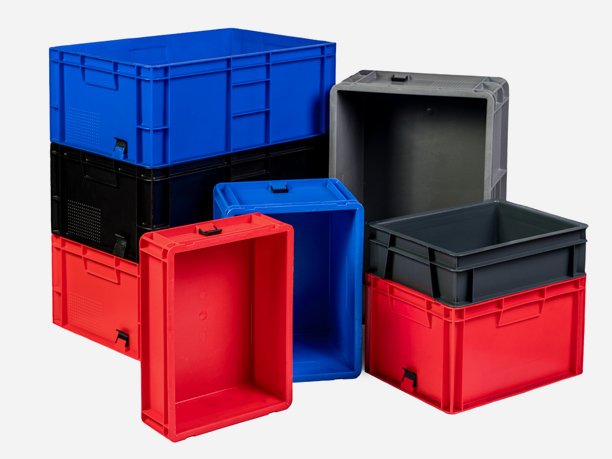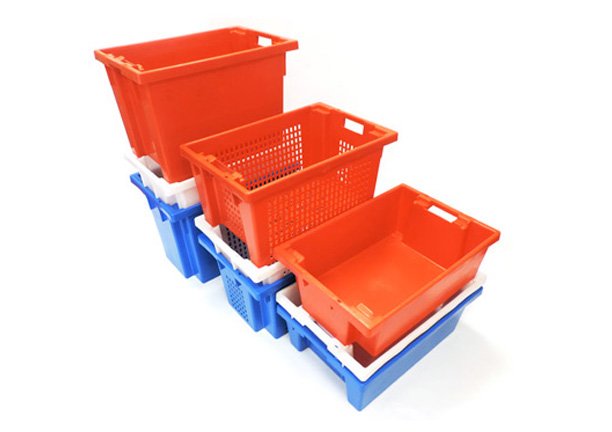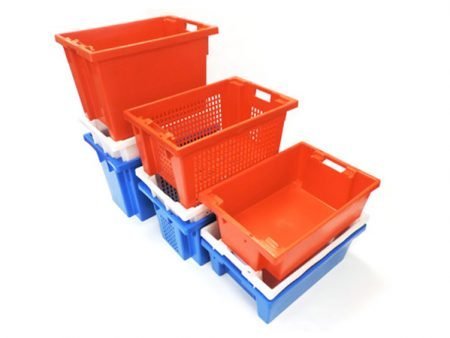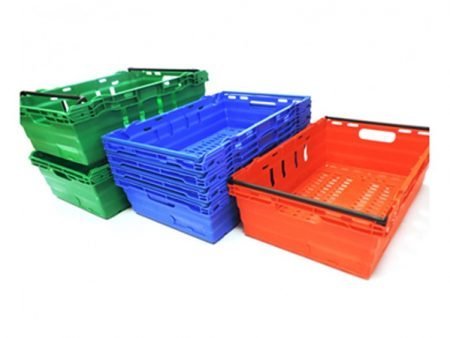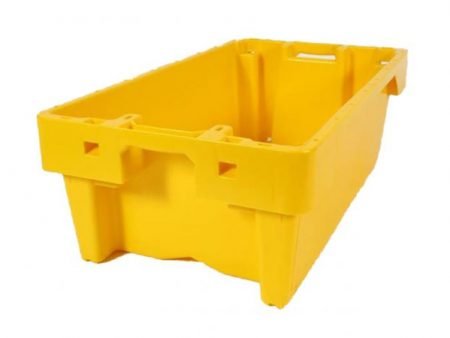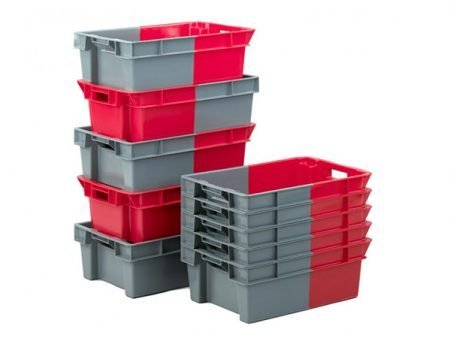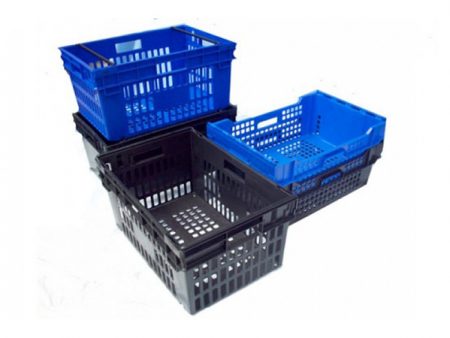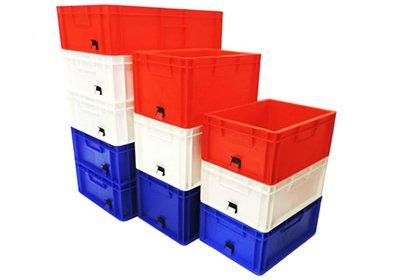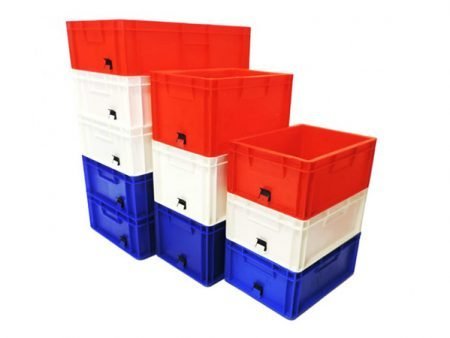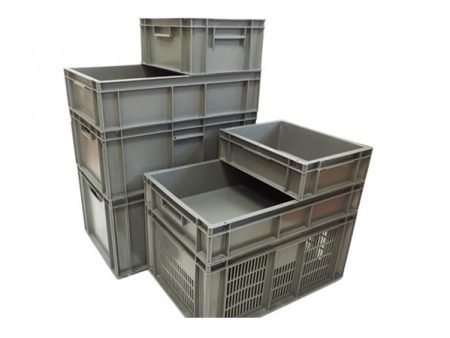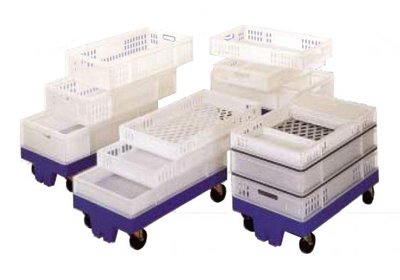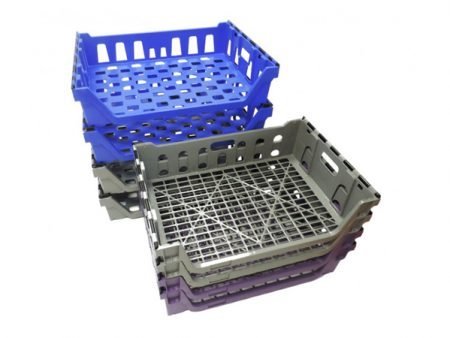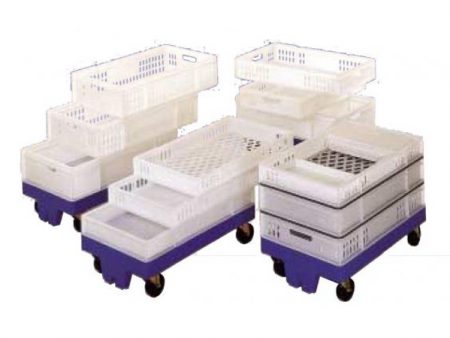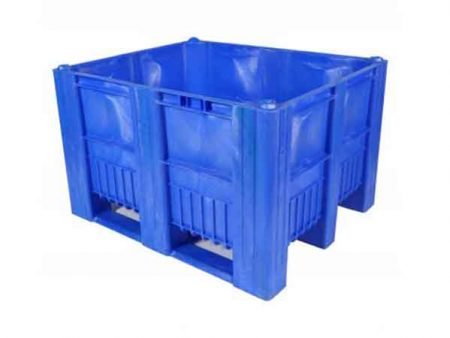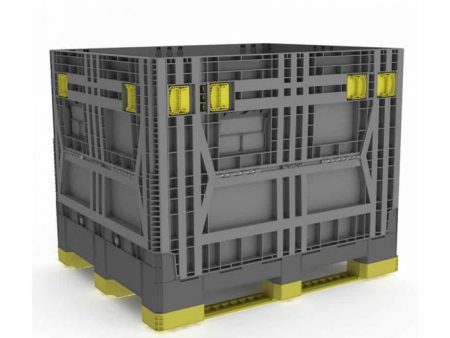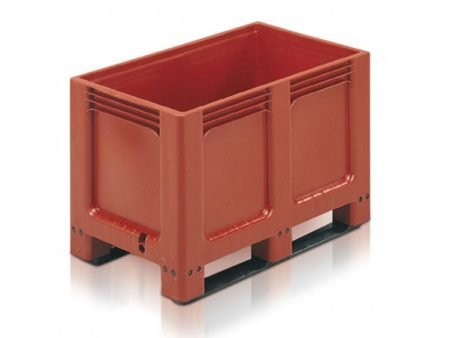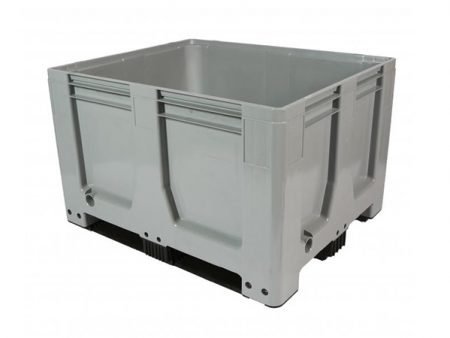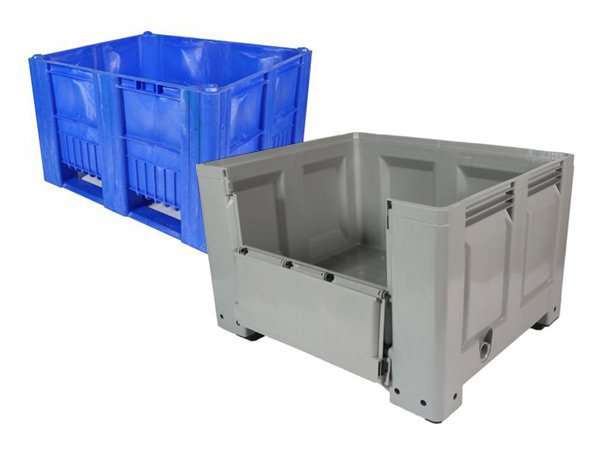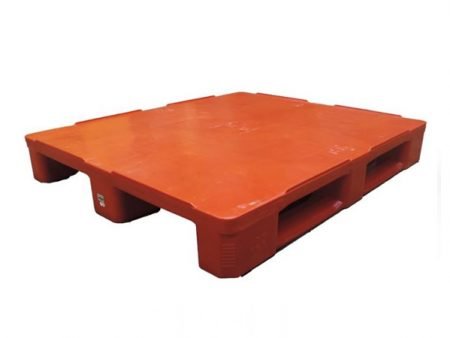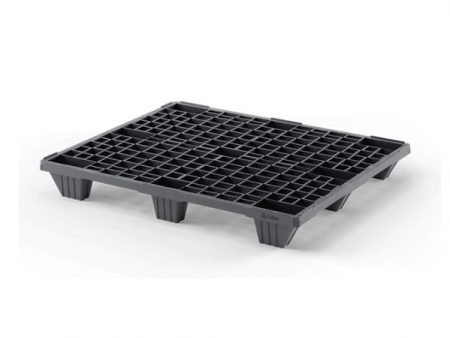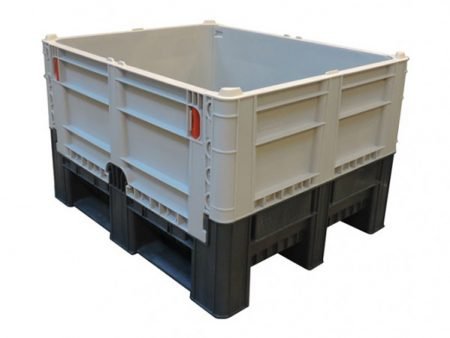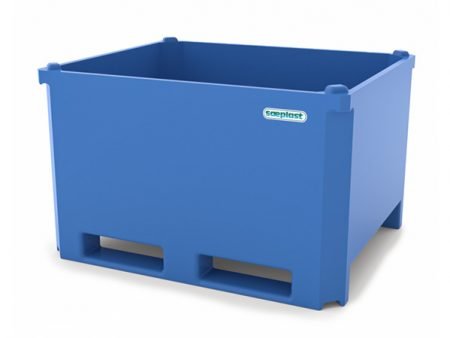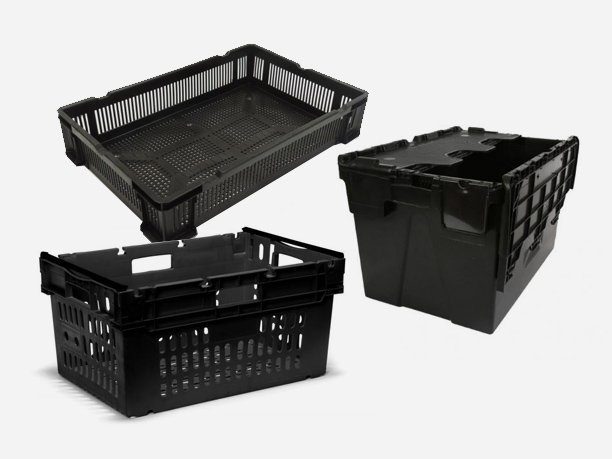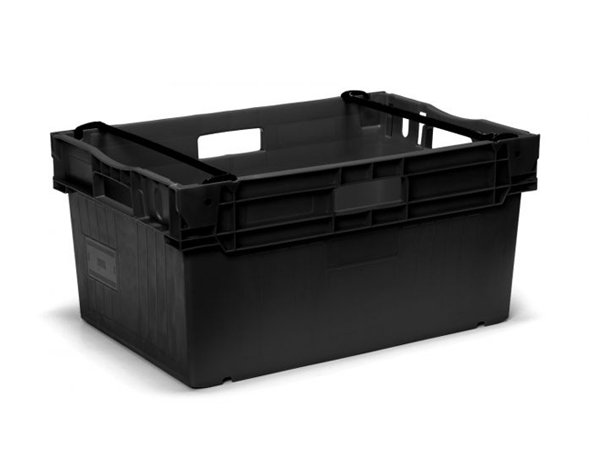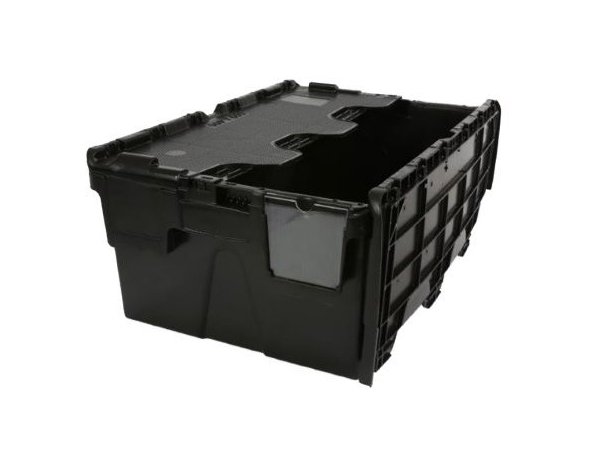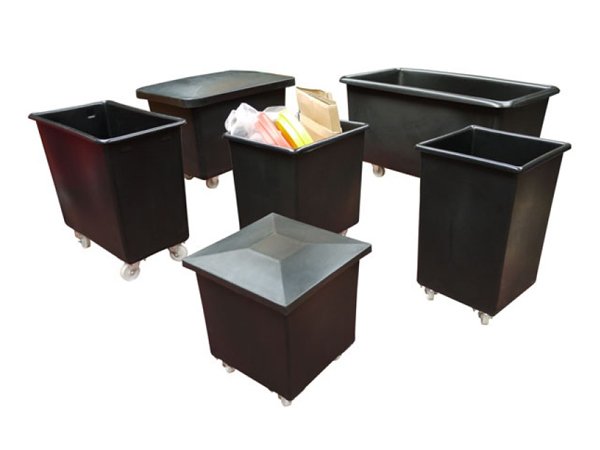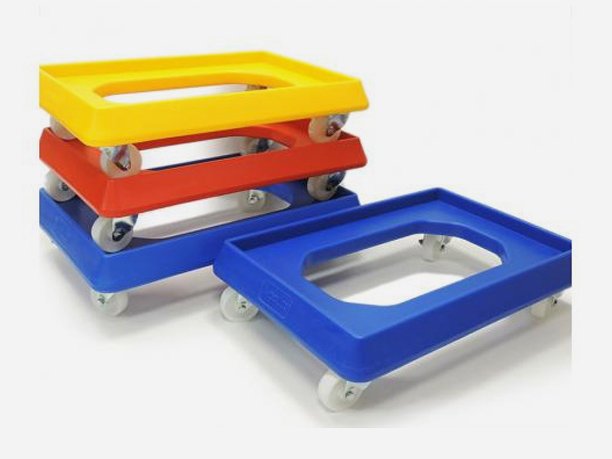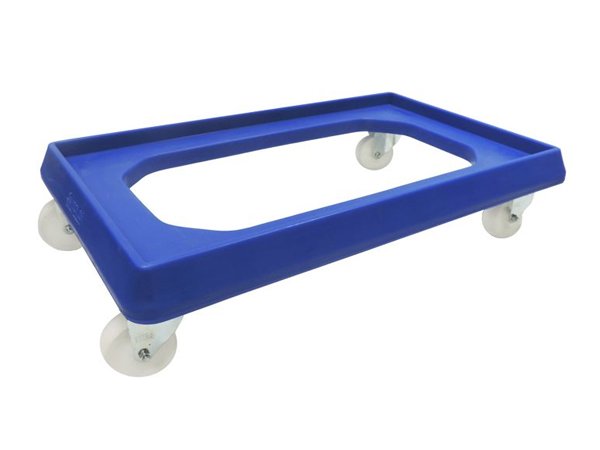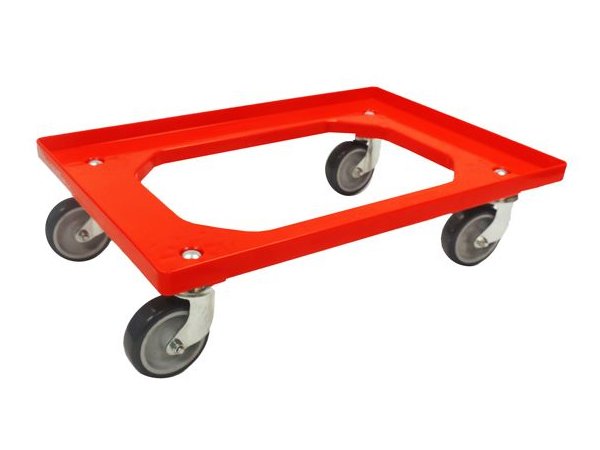10 reasons you should switch to plastic pallets
Pallets are one of the most versatile products for a variety of businesses in different industries, including warehouses, logistics companies, food suppliers and pharmaceutical companies. They offer a multitude of storage solutions, including transportation and storage of goods, and organisation for dispatch and delivery.
Traditionally, wooden pallets have been the front-runner, but as more and more companies are concerned with their spending and impact on the environment, plastic pallets and boxes are paving the way for a more sustainable future.
This blog will explore 10 reasons why many businesses are making the switch to plastic pallets, and why it could be a smart move for your company.
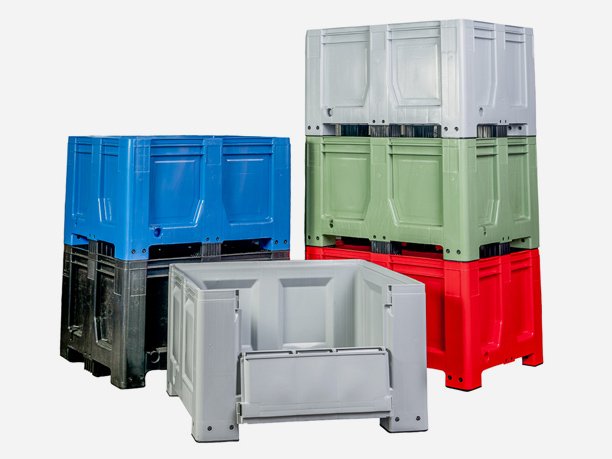
Durability of Plastic Pallets
One of the most favourable advantages of using plastic pallets over their wooden counterparts is their durability. Wooden products are susceptible to damage, whether it be through rotting or pests. Plastic pallets on the other hand are impermeable to liquid and pests, meaning they are much less likely to become damaged. They are also made from high-density polyethylene (HDPE), providing them with a rigid structure to withstand handling and shipping damages.
With plastic pallets, you can get long, repeated use before you need to consider replacing them, also making them a more cost-effective solution.
Environmentally Friendly
Another driving factor in switching to plastic pallets is their ability to be recycled. In our modern world, it is more important than ever to consider our impact on the environment. Companies are more concerned with their carbon footprint, and contrary to popular belief, plastic pallets are a more sustainable solution than their wooden alternatives.
At Rebox Storage, all our products are made from recycled plastic materials, which can be further recycled at the end of their life cycle.
As we mentioned before, thanks to their durability, plastic pallets have a longer lifespan than wooden products, meaning there is less need to replace them so quickly, and rather than using new plastic, the pallets themselves can be recycled to create a new pallet.
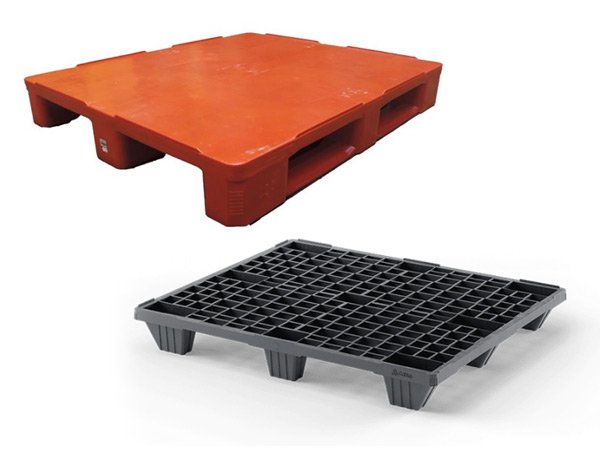
Plastic Pallets are Hygienic
For lots of businesses, including those in the food and beverage industry, as well as pharmaceutical companies, hygiene is paramount for their products. Wooden pallets are susceptible to decay as well as pests and mould, leading to a build-up of bacteria and fungi. However, plastic pallets are resistant to moisture and absorption, preventing the growth of harmful microorganisms. This makes them the perfect choice for industries concerned with hygiene.
Plastic pallets are also easy to clean and sanitise, reducing the overall risk of contamination during transport and storage.
Cost-effectiveness of Plastic Pallets
As we know, plastic pallets are a more durable choice than wooden pallets. Their extended lifespan means their need for replacement frequently is reduced, with lower maintenance costs in fixing damage from shipping and storage.
Although plastic pallets are a more expensive upfront cost, their cost-effectiveness, in the long run, allows businesses to save on repeated replacement costs and maintenance.
Plastic Pallets are Lightweight
Companies looking to ship products all over the world will want to consider the weight of their shipments, as added shipping costs are applied for weight. Using a more lightweight pallet will help reduce those added shipping costs, making plastic pallets a more cost-effective solution. Wooden pallets are heavier, meaning they are also more difficult to handle and transport.
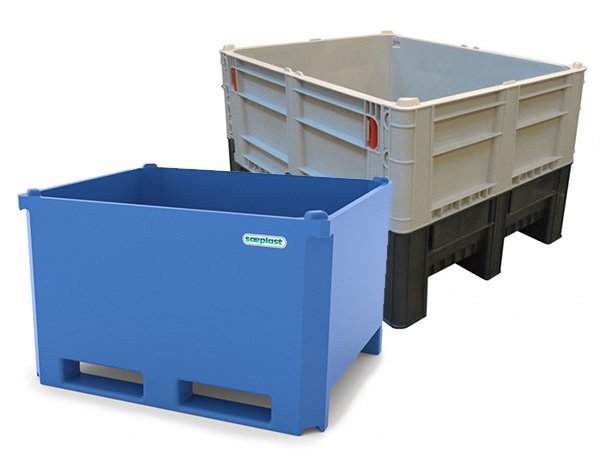
Safer Handling of Plastic Pallets
Wooden pallets are prone to breaking, which causes splinters to occur, causing harm to those handling the shipments and deliveries. Plastic pallets are more durable and will not splinter if broken, making them a safer product to handle, even after years of use. There is also no need for nails or screws in the production of plastic pallets, further displaying their ease of use.
Further, plastic pallets are easier to use with machinery such as forklift trucks due to their smooth design that is free of splinters or nails, making them safer to handle in busy warehouses.
Inflammable Plastic Pallets
One concern of wooden pallets is that they are flammable. If a fire were to occur, whether in a warehouse or during shipment, wooden pallets would be unable to protect the products they are handling, and would cause a safety risk for those handling the pallets. Plastic pallets are inflammable so the risk of a fire is greatly reduced, meaning your goods are protected from harm every step of the journey.
Plastic Pallets are Customisable
Unlike the one-size-fits-all approach of wooden pallets, plastic pallets are customisable across various features. Their size, shape and colour can all be predetermined by the business to suit their needs, making them versatile for a variety of uses across warehouses and storage.
Some businesses also choose to use branded pallet boxes, meaning they can be more readily identified during storage and transportation.
Plastic Pallets are Consistent
Although wooden pallets tend to come in one size, shape and colour, they can be inconsistent in their production. This can lead to issues with shipping and transportation, disturbing the supply chain further down the line. Plastic pallets on the other hand are more uniform in their shape and size, making them easier to store, stack and transport.
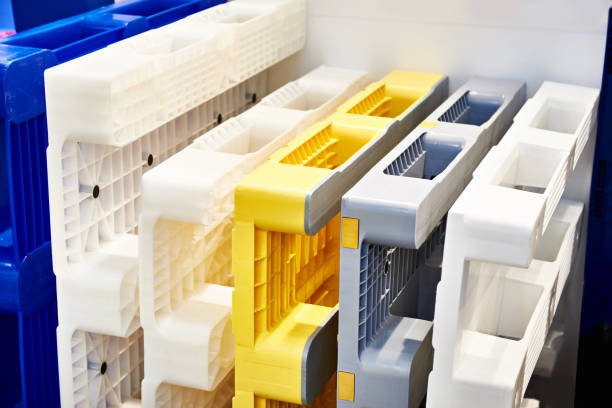
Plastic Pallets adhere to International Regulations
Phytosanitary is becoming a more important requirement for wooden pallets. Phytosanitary is classed as ‘plant health’ but refers to the need for products such as wooden pallets to be inspected so they are free of dangerous pests and diseases.
Plastic pallets reduce the need for inspection as they do not allow pests and bacteria to grow inside them, meaning the supply chain can run smoother during transportation.
The ISPM (International Standards for Phytosanitary Measures) makes plastic pallets exempt from inspection as they are unable to harbour wood-boring insects. Read more about the ISPM-15 pallet requirements for export here.
As the supply chain evolves, businesses look to find ways to optimise their costs and reduce their carbon footprint, contributing to a more sustainable future. Switching to plastic pallets offers solutions in all areas of cost and sustainability, with a range of benefits including durability and customisation.
By switching to plastic pallets, your business can benefit from a myriad of features.
Rebox Storage is the UK’s largest supplier of plastic storage solutions, stocking a wide range of plastic pallets to fit your business needs. Get in touch today to speak to a member of our expert team.

